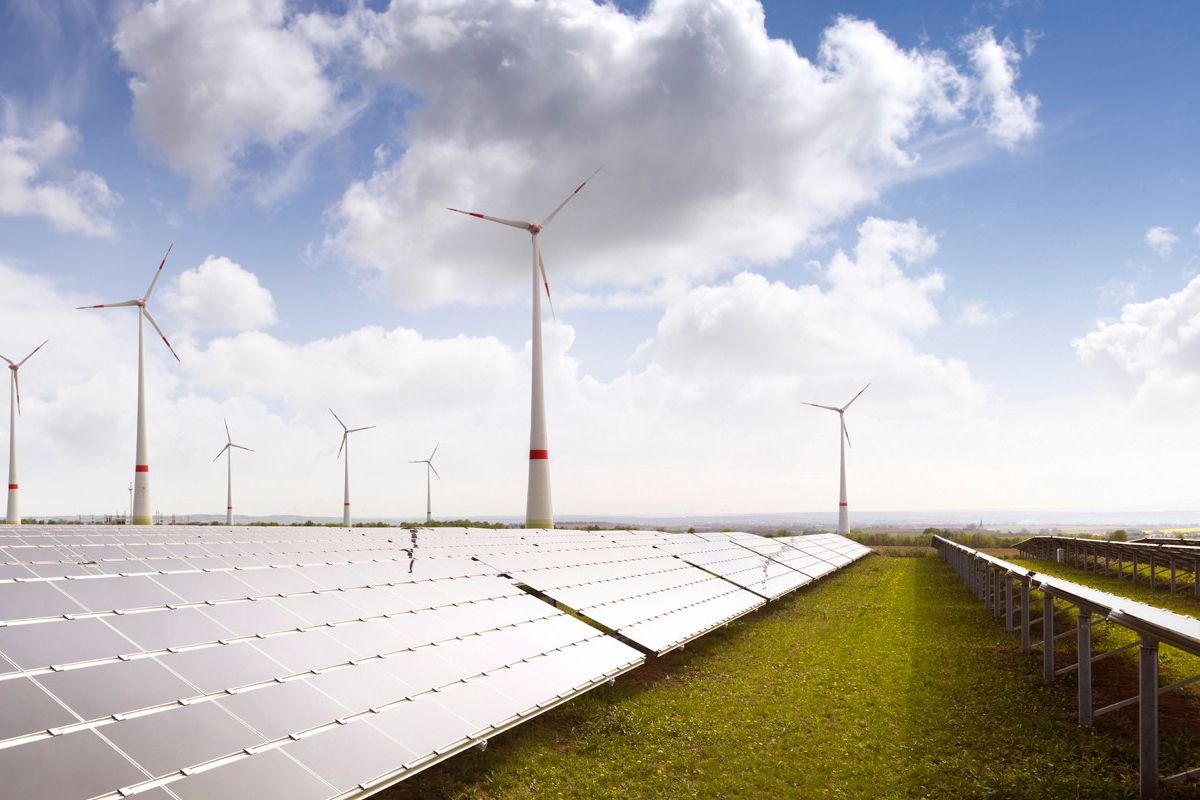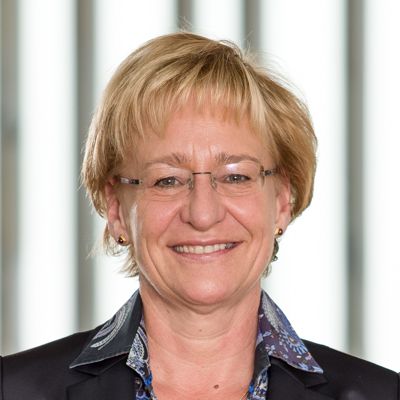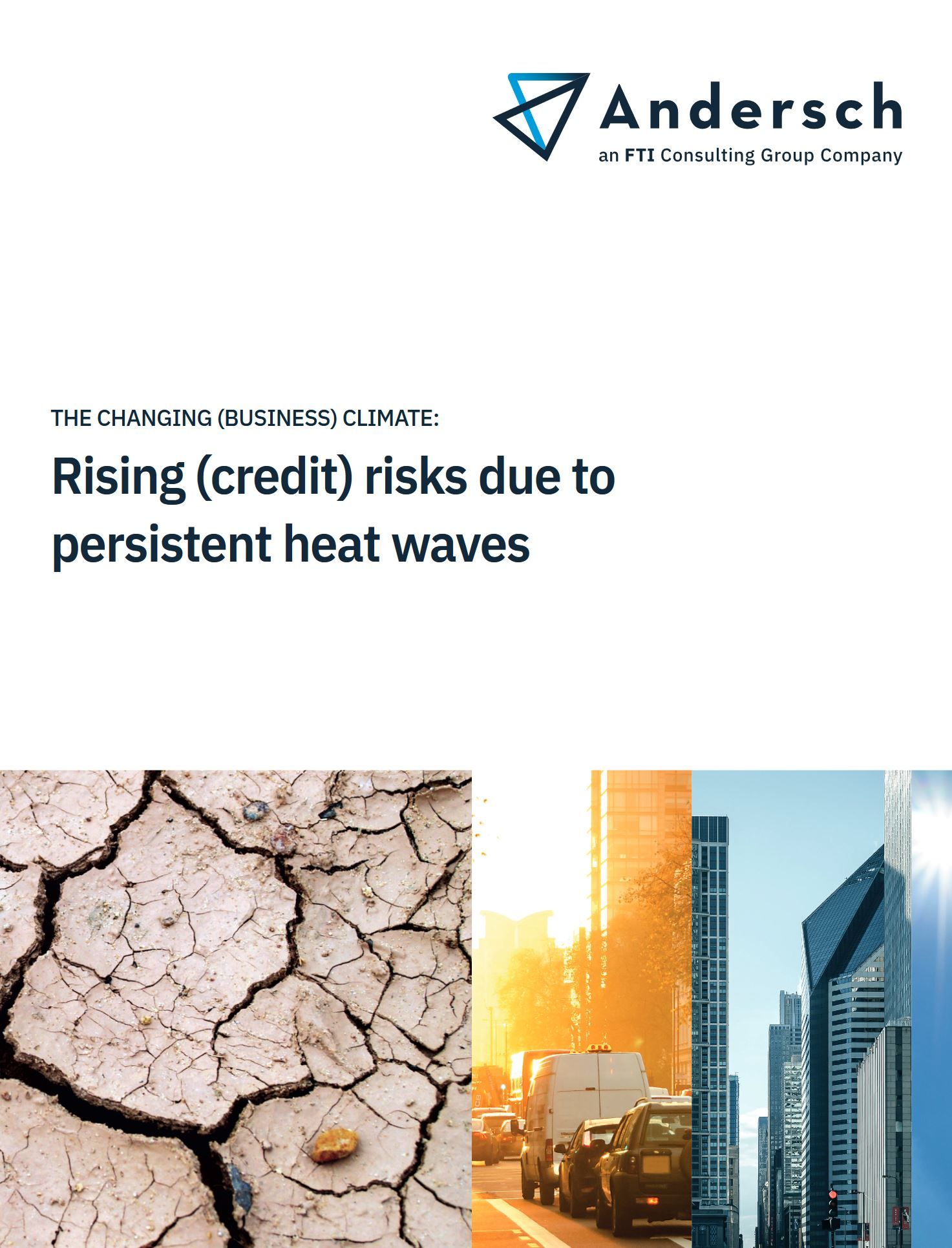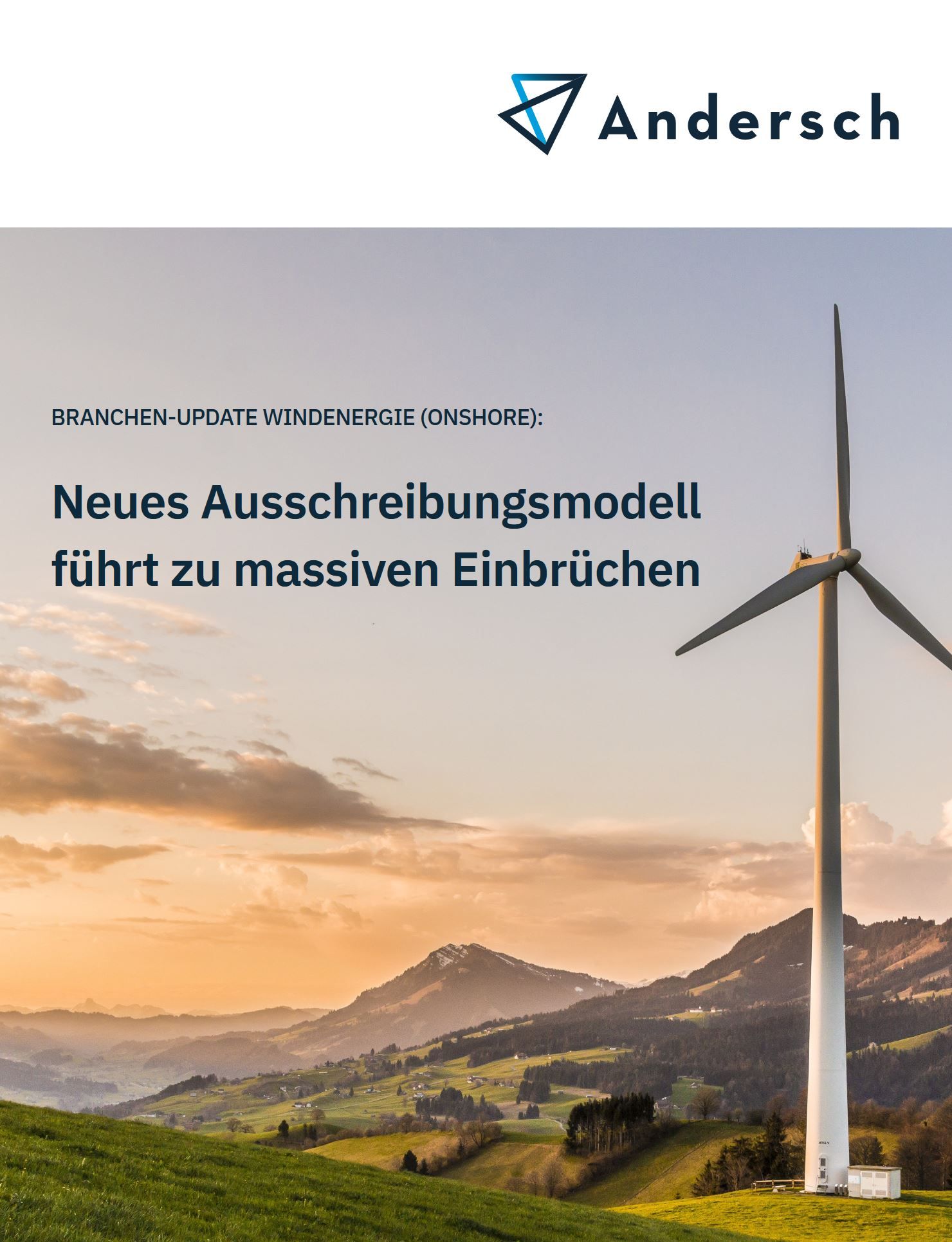Which market participants in the industry do you currently see as having a particularly high need for action?
Plant manufacturers in the wind and solar sectors have been under increasing pressure on margins for around two years due to rising raw material and freight costs as well as disruptions in global supply chains.
In addition, wind energy is currently undergoing a development similar to that of the solar industry around ten years ago: Production facilities in Germany are increasingly being closed, with only a few remaining in Europe. This increases vulnerability to supply chain disruptions. Furthermore, potential adverse currency developments against the US dollar will have a greater impact on profitability in the future.
What can these companies currently do to manage these challenges?
Long-standing industry developments and modalities cannot be changed fundamentally, and especially not by single market participants – accordingly, it is a matter of managing the circumstances as best as possible, at least temporarily. The basic prerequisite is the creation of transparency in order to be able to correctly assess and quantify existing risks and derive suitable countermeasures. Due to the current high level of uncertainty, we also recommend the preparation of scenario analyses. Specific contingency plans should be developed for these in order to remain able to act. In addition, this enables the derivation of financial effects and the associated possible financing requirements – these can thus be secured at an early stage. In principle, we recommend that companies manage their business with less risk than companies in other sectors and build up a certain liquidity cushion and, associated with this, reliable financing partners. In addition, it is also very important to be able to secure investments in tomorrow's technologies. This is only possible if a reliable liquidity plan has been drawn up.
What opportunities do you see for market participants in the field of renewable energies in the near future?
The expectations of the industry are high: Political goals ranging from climate neutrality to independence from Russian energy imports are driving the need to expand renewable energy and putting pressure on politicians to develop suitable framework conditions. The goal must be to allow economically active market participants to be sustainably profitable. This is important against the backdrop of current developments such as raw material price increases. Well-intentioned mechanisms such as the tendering process introduced in 2017 have resulted in unintended negative effects. Regardless of the mechanisms, it is central to expand the supply of suitable land and, above all, to speed up approval procedures. This enables project development companies to quickly fill their pipelines and thus lay the foundation for expansion.








































